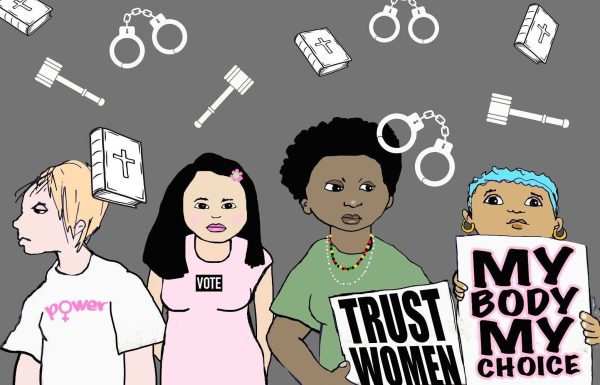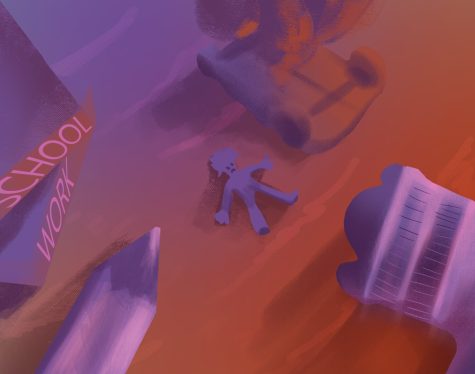Capital gains
My time here at EC is coming to a close. After this semester, I will transfer to a four-year university to complete my undergraduate education. Not that you care, wink, so far I’ve been accepted to University of California, Santa Barbara and wait to hear from a few other schools.
As I look to what I’ve done at EC in retrospect and to what I will do in the future, I want to discuss the status of our current system in all aspects as a sort of dissertation, a conclusion that surveys all of the courses I have taken at EC.
While it is the job of the journalist to report the news rather than to speculate and offer solutions, as a bad one, I will support my overall argument by what I feel is the cause of the problem rather than reveal the symptoms and results of, “to journalize,” which to some may be more convincing.
As the first in a series in this article, I want to focus on the big picture I’m introducing the thing that we have created since the formation of capitalism and arguably longer.
All countries no matter what type of government, have created an unsustainable world by relying on other nations to self sustain each nation.
The major flaw of capitalism, the definition of such a reliance, is that it is contingent upon improvement.
Take the United States for example. The US is founded upon the talents of individuals who have the foresight to take their dreams and aspirations and turn them into reality.
Our nation seeks to raise these individuals in order to create the best products in every sector, in art, fashion, literature, sports, science, news, technology, military, and much more, for the most part regardless of race, sexuality, gender, or class.
Ideally, these individuals create new sectors of the economy to make improvement exponential.
Through these products and sectors, whether we realize it or not, we seek to improve and appear to have improved our own lives by improving the lives of others, which is the fundamental principle of capitalism.
To put this into perspective, someone who produces food improves the life of someone who builds cars, who improves the life of someone who teaches, who improves the life of so on and so forth.
The problem with this system is that to sustain it we must continually improve the system, to make it bigger and better, because that is the nature of a capitalistic economy. This is part of the reason why Apple comes out with a new iPhone every year.
Throughout the course of time, we have heard from dissenters, who have seen the end of this conundrum, that a system based upon perpetual improvement is impossible to sustain.
Enjoying the ride to the end, we have ignored and continued to ignore its warnings. When growth ceases, all order will fall into disorder, and so will this constructed world.













